FFL Transfers Explained – How to Transfer a Gun
With the recent boom in purchasing firearms online, understanding how to conduct a firearm transfer has never been more important. Also, if you want to send or receive a firearm out-of-state, you’re going to need to transfer the firearm through an FFL Dealer. This process is often called an “FFL transfer.”
However, as you will see, this isn’t as straight forward as it seems, and there are a lot of pitfalls that can happen if you get it wrong. So, fully understanding all of the nuances to the FFL transfer an how to do it right is key.
So, in this FFL transfer guide, we’re going to cover:
- What is an FFL transfer?
- When is an FFL transfer necessary?
- FFL Transfer Process
- How to transfer a gun through an FFL Dealer
- How to purchase guns online
- Finding an FFL Dealer for a transfer
What is an FFL Transfer?
An FFL transfer is the change in possession of a firearm from a Federal Firearm Licensee (FFL) to another FFL holder or to a customer. Under federal law, specifically the Gun Control Act, an FFL transfer is necessary whenever a firearm is purchased from an FFL or when a firearm is shipped to someone else across state lines.
So, if a gun shop (an FFL dealer) ships a firearm to another FFL holder (whether it’s a gun shop or a home based FFL), then the firearm has been “transferred” from one FFL to another. Likewise, if the second gun shop then sells the firearm to a customer, then the gun has been “transferred” to the customer by the FFL.
These changes in possession of firearms from FFLs have a special name of “FFL Transfer” because of the various ATF requirements involved – the firearms must be logged in and out of their A&D Book in a proscribed manner and certain paperwork must be completed before the firearm can leave the licensed FFL dealer‘s location.
When it comes to transferring a firearm to a customer, federal background check requirements must be satisfied, a special form must be completed by the customer (the transfer form is called an ATF Form 4473), and certain other requirements must be followed by the FFL conducting the transfer.
So, if you hear the term “FFL transfer,” just know that this involves certain processes to be conducted in order to get a firearm from an FFL (typically a gun shop).
What are the Steps to do an FFL Transfer?
When it comes to the transferring of a firearm, there are some nuances involved based on whether both parties are an FFL, or if it is a customer and an FFL in the process – and we’ll cover some of these later. . However, the generally steps to the transferring of a firearm are:
- Customer buying from an FFL at a Store (like going to a gun shop)
- Customer buying from an Online Store (yes you can do this)
- FFL sending a firearm to another FFL
1. Customer Buying from an FFL at a Store
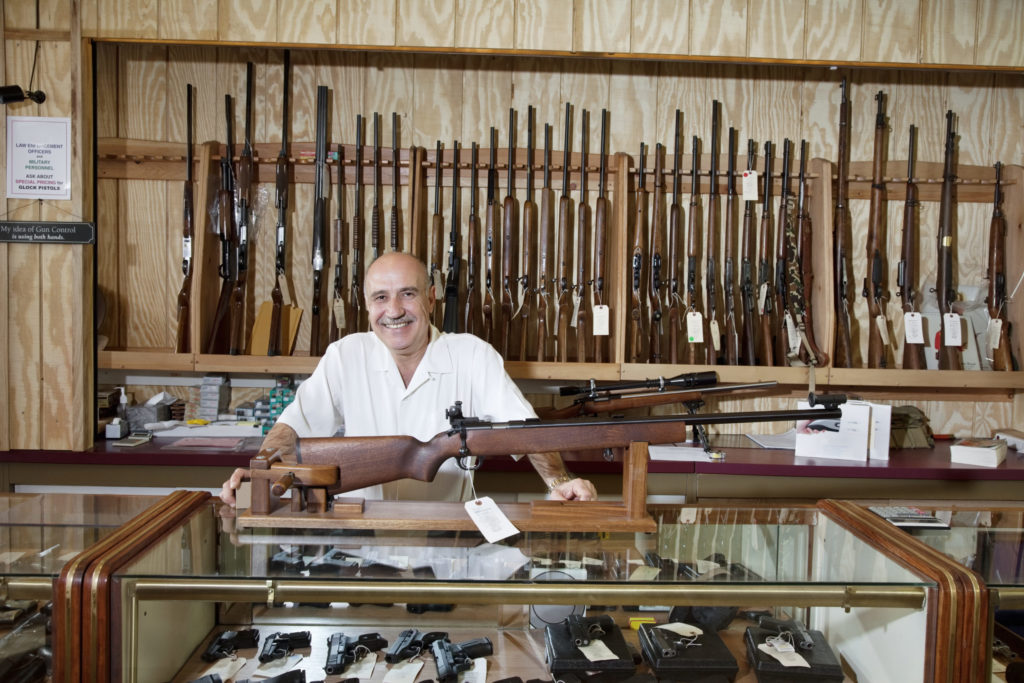
When it comes to buying a firearm at a store, this is pretty simple. Whether you have a FFL or not, when you enter into a gun store, the gun store has a FFL.
In this case, you walk in, choose the weapon and bring it up to the store worker (FFL).
In order to transfer a gun through an FFL at a gun store or the likes, a specific Federal Firearms License transfer process must be followed: the recipient needs to be present at the FFL’s licensed location and satisfy the background check requirements, fill out a Form 4473, and then take possession of the firearm.
Notice I wrote “satisfy the background check requirements” and not “have a background check run.” This is because getting a background check under isn’t always required. Some states use the federal background check system for a gun transfer, the National Instant Criminal Check System (NICS), while other states use their own system. These states that use their own system are called Point of Contact (POC) states and they can be either Full-POC where all firearms go through the state system or Partial-POC states where some types of guns are transferred through the state system and others use a NICS background check.
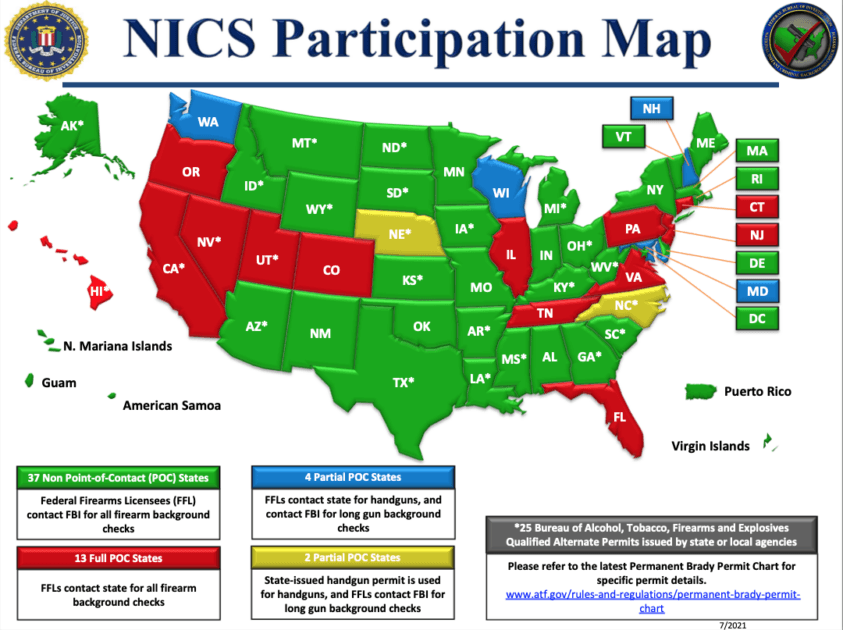
Aside from whether your purchase will require a NICS background check or not, there is an exception for some states where a valid concealed handgun permit can be used in lieu of a NICS background check. This is because the handgun permit has been approved by the ATF to meet the background check standards.
Contrary to what some believe, guns (under federal law) are NOT “registered” in someone’s name. This is something we hear often, “I got this gun from my father as a gift but I think I need to go into an FFL’s shop to have the gun registered in my name.” This is simply not how this works. If the gun was a gift from someone within your state, the transaction is over – the gun is neither registered in their name nor does it need to be registered in yours. Of course, some states have their own rules on the registration of certain firearms.
2. Customer buying from an Online Store
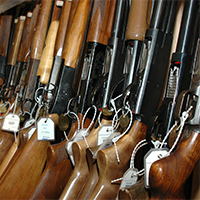
Purchasing a firearm online is fairly easy and quickly becoming one of the most popular methods of buying guns.
The process will depend on where you purchased your firearm. For a more thorough discussion, check out our article on how to buy a gun online.
If you’re looking for a good place to purchase guns online, check out our list of best online gun stores.
But the key steps is:
- Find a local FFL and ensure they will handle the transfer for you. This is because once you buy the gun online, the online store will need to ship it to another FFL. It’s important that you arrange this with the local FFL you intend to pick up from, because it is bad practice for a gun store to just receive a weapon that they have no idea about.
- Go to the online store and purchase the weapon
- When you are purchasing, the online store will ask you which FFL to send it to. Most of the online store have a database of all the FFLs. You just need to find the local one you talked to in step 1.
- The online store will ship the gun to the local FFL you designated and they will log it into their bound book. The local FFL will call you when they get it in.
- Come in to the local FFL, and get your weapon, and fill out the necessary forms, and background check just like we discussed in the section above on transferring from a gun store.
3. FFL sending a firearm to another FFL

It is getting very popular for people to get their own FFL, even a home-based FFL. In fact, most people that have their federal firearms license in the country are home-based FFLs.
If you have your own FFL, then all firearms can be shipped straight to you and you won’t have to coordinate with a local gun shop nor pay the transfer fees. So, in the step above, you could have the online store just send it to you. If this interests you, we have an great article showing you how easy it is to get your own FFL.
However, for sakes of keeping with the steps, let’s say both you and the other are FFLs.
In this case, you as the sender would need to contact the other FFL, and get a copy of their FFL number. Once you have that and verify that their FFL is still valid through FFL EZ check system, you can go ahead and transfer it to them.
However, you as the sender will need to annotate their A&D Bound book to reflect this. Once the other FFL receives the gun, they too will need to add it to the acquisitions section of their bound book. It is important to note though that it is on the sender to ensure the weapon gets there. This is because if it has been more than 30 days and the receiver hasn’t gotten the gun, the responsibility is on the sender to file a missing weapons report.
Shipping Firearms Interstate
So, if you own a firearm and you want to send it to someone in another state, whether you sold it to them, giving to them, or you’re just letting them borrow the firearm, you MUST ship the firearm to a FFL in their state where they can then go into the gun shop in person and have the FFL transfer the firearm to them.
Interstate shipments alone don’t automatically require FFL transfers, though. For example, it is legal under federal law to ship the firearm to yourself in another state. You can ship the firearm to an address as long as the package is addressed to you and in care of (abbreviated “c/o” on the label) the entity receiving the firearm (your hotel, hunting lodge, etc.) It is important that they do not open the package (it isn’t addressed to them) because if they do, you would be putting into their possession and an FFL transfer would be required.
If you’re using a gun dealer to ship the firearm, you should ask to have the shipping calculated and included in the total fees.
If you’d like to learn more, we’ve put together a guide to shipping firearms.
Is there an FFL Transfer Fees?
It is very common for a FFL holder to charge a a transfer fee. An FFL transfer fee is paid by the customer (the transferee or buyer) to offset the time and paperwork burden of the FFL dealer (the transferor or seller).
The transfer fee is typically nominal – anywhere from $20 to $50 is common for an FFL transfer fee. However, if you’re dealing with NFA transfers (transfers of things like silencers, short barreled rifles, and more), then the transfer fee for the nfa item can be higher.
FFL transfer FAQs
Recent Posts
February 5, 2026
January 31, 2026
January 30, 2026
January 29, 2026

![Best 9mm Pistols [2026]: Ranked by Size & Use](https://gununiversity.com/wp-content/uploads/2021/09/Best-9mm-featured-1.jpg)
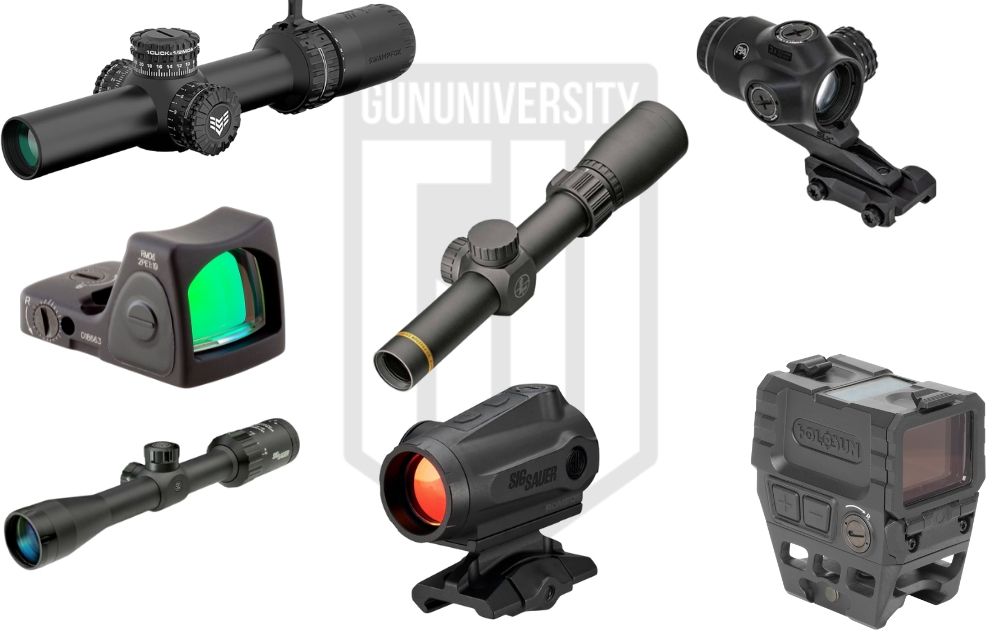
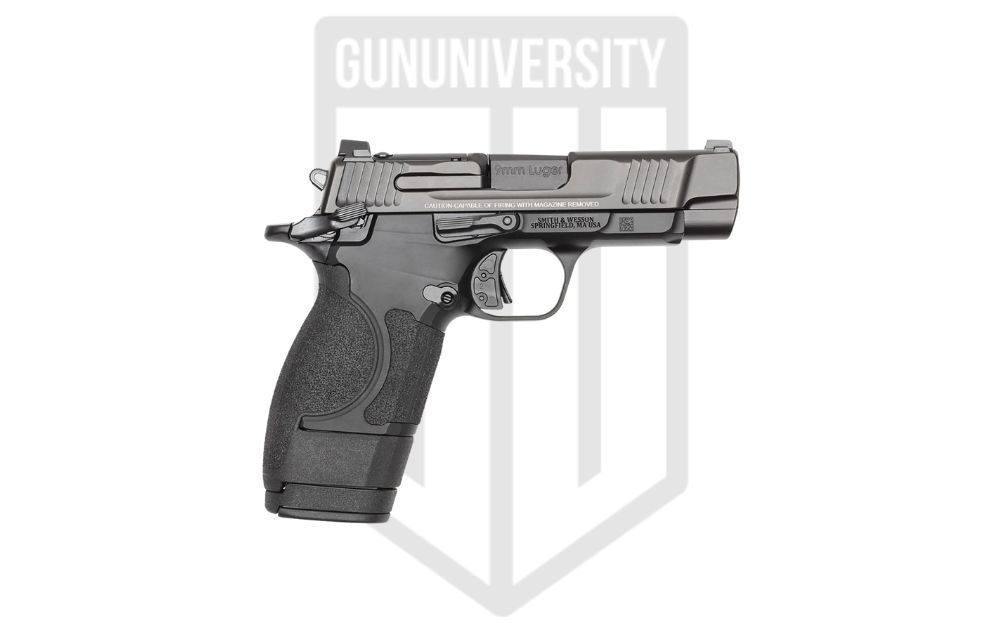
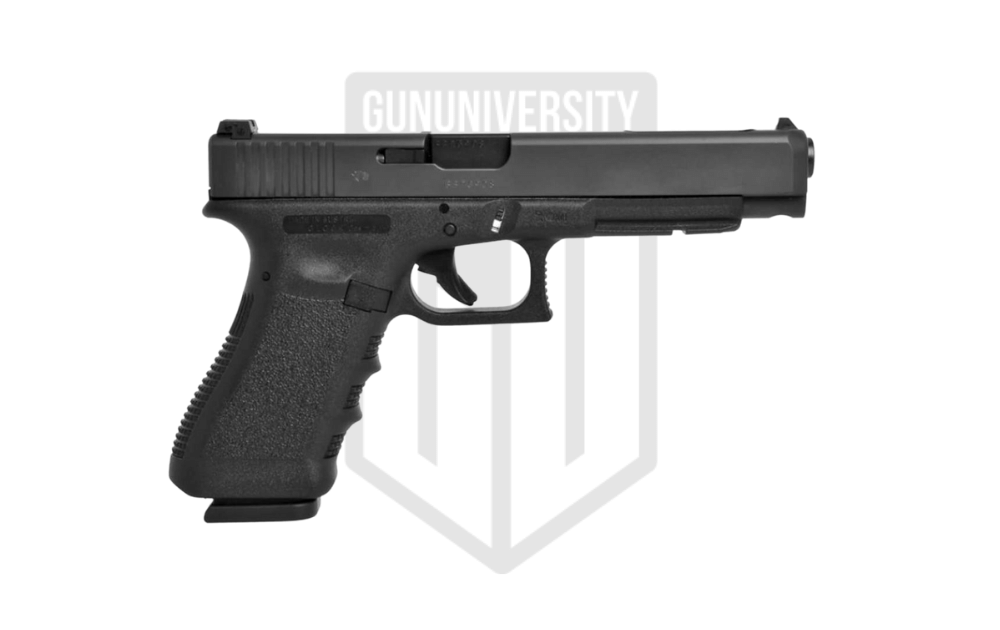
I am FFL and a person had guns shipped to me. I have made every effort to get him to transfer them. It has been all most two years. Are they mine after so long ?
This is an issue that depends on your states laws about property and merchants. But, yes, there is a time at which the property is abandoned and becomes yours.
Does the FFL have to be in the state the firearm purchaser lives in or can an FFL in another state be used?
If the FFL is for you to have the gun transferred to you, it must be in your state for handguns but it can be any state for long-guns (as long as the rifle or shotgun is legal in the FFL’s state and your home state).
I have a rifle that was shipped from one FFL to another FFL/gun store the senders FFLis in the box they say they need who it’s being shipped to and there info before she can get it out of there store l need to know if that is required!!!!
Does the ATF classify a “transfer” as a retail transaction? My local zoning prohibits retail sales but allows for “service” based businesses. I would like to know if a “transfer” meets the definition of a service rather than a retail transaction.
If I move from Ohio to Texas, do I need to involve an FFL? I will still be the owner of those guns.
Found what looks to be a typo: “It is very common gfor a FFL holder to charge a a transfer fee.” Pretty sure “gfor” was not interned.
Page URL:
https://gununiversity.com/ffl-transfer/
Also: The following statement found in the game page in the Q&A second is ambiguous to a non-lawyer:
“First, they may not do any transfers of guns not purchased in their store.”
May not: Does this mean they’re not allowed to, or that there’s a chance they may choose (or have a policy) to not do so? First reading I thought the former, but after several re-reads to ascertain context, I’m now leaning slightly toward the latter.
Love the feedback – thank you! Fixed.